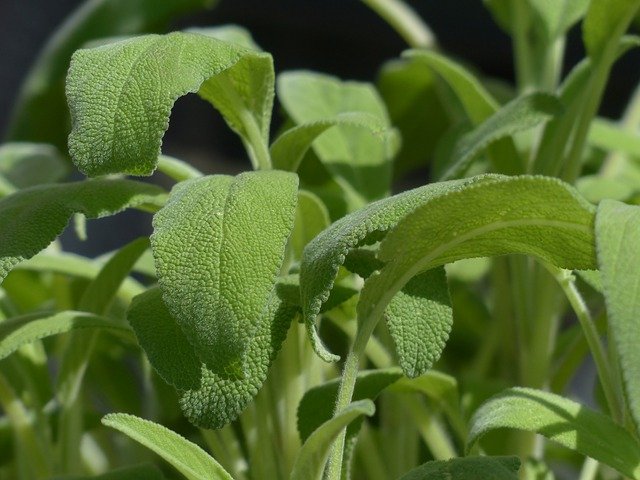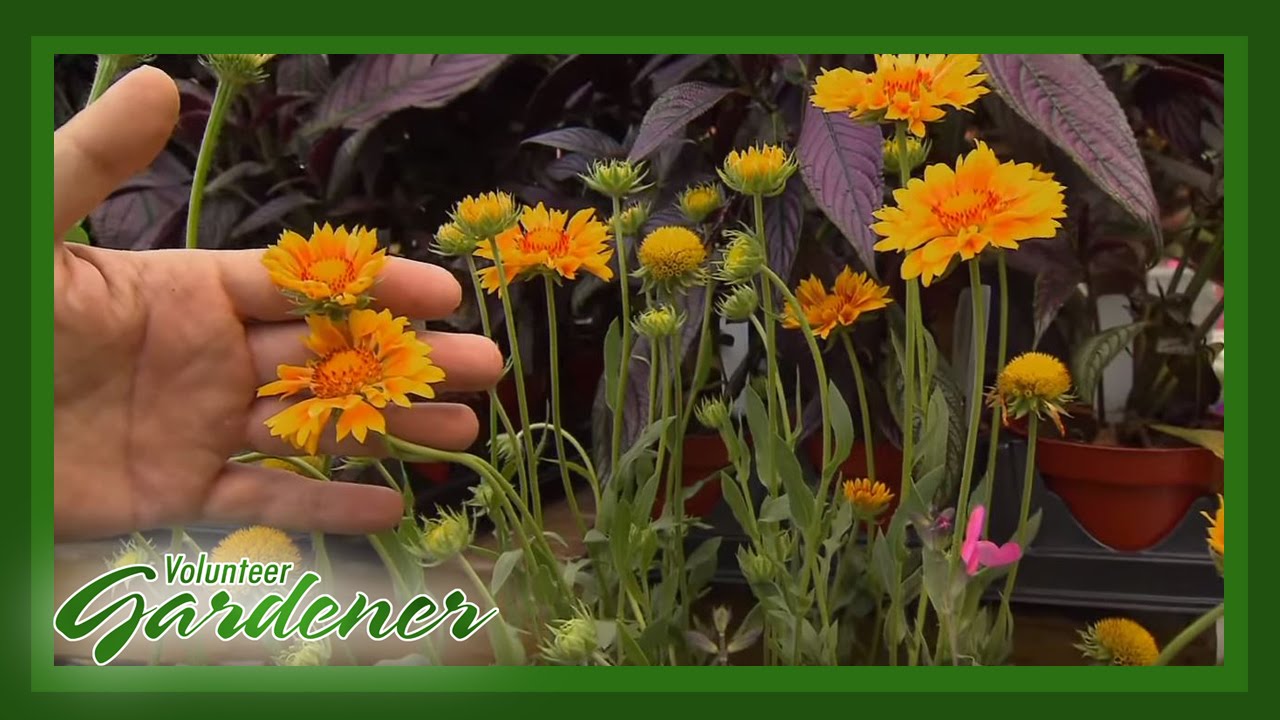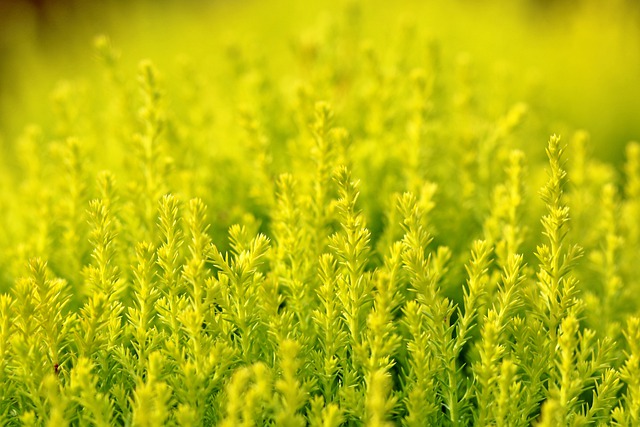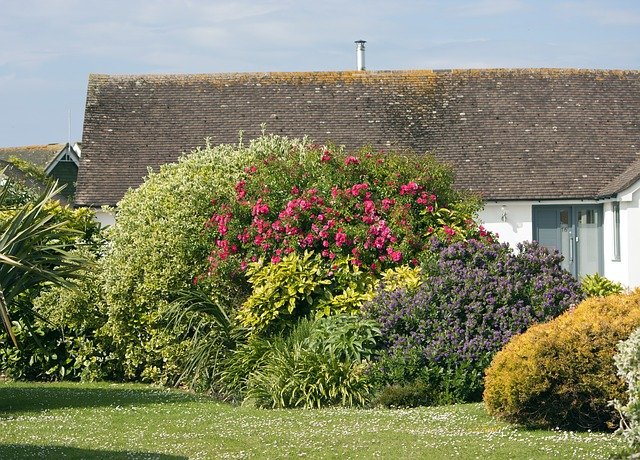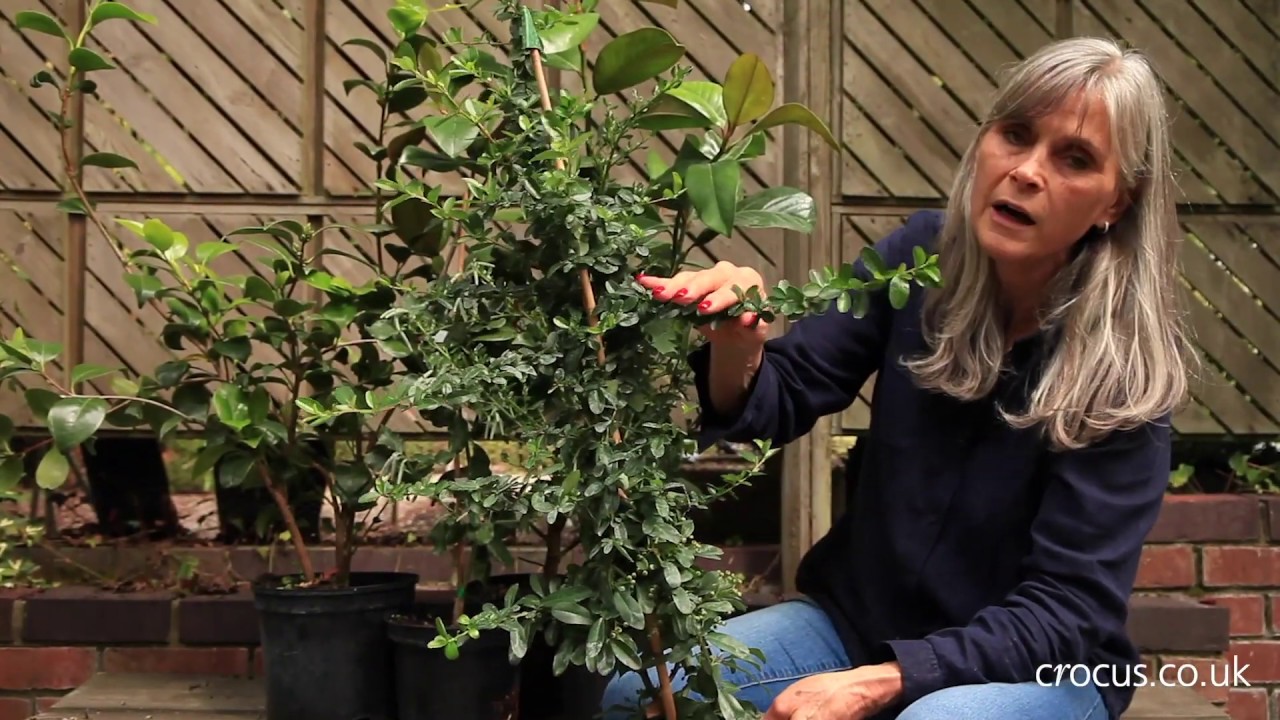
Evergreen shrubs are plants that do not lose their leaves or needles. These types of shrubs have a long life span and you don’t have to prune them. Some evergreen shrubs come with white, pink, or yellow leaves. Some grow tall and have dwarf appearance and short flowers.
Evergreens provide shade for your garden and other plants. They can provide a safe place to sit during the hot summer days. Some tree species are evergreen, such as maples, oaks, and walnut trees. Other plants may not be evergreen but have needlelike leaves that turn white or yellow in autumn and winter.
Most shrubs are climbing plants. Some have an upright growth habit. Evergreen shrubs have tubular growth habits with multiple branches. These branches provide the climbing ability that some trees have.
Some gardeners prefer to use evergreen shrubs, such as maples, oaks, and walnut trees, instead of aromatic plants. However, these trees may not be able to handle the pests that are a problem in citrus garden. If the evergreen is diseased, it may not survive the season. These trees and shrubs are known to be affected by insects like deer flies and aphids. Aphids, black ants, and termites can damage these plants.
Choose a tree that is disease resistant and stable. This will allow the tree to stay in a healthy condition even through the hard winters. It will also allow it to grow healthily even if you don’t have freezing weather. A healthy tree will stay looking good throughout its lifetime, whereas a diseased or unstable one will begin to decline before its time.
The evergreen shrubs are available in many different kinds of colors. They are best planted in shaded areas so that they don’t glare on guests’ eyes. If you want them to blend well with the garden scenery, you can paint them with a pastel color scheme. However, it would help if you choose plants that have similar shades. For example, if your garden has brown trees, you might want to plant a few evergreens with pale yellow or pink tones.
When it comes to maintenance, some kinds of trees require more care than others. However, some kinds do require less care, and they are better for the environment as well. For instance, bushes need more pruning, and they should be trimmed regularly. Ivy and spruces don’t need much attention; however, you should get rid of any dead leaves on a regular basis. Bush palms, by contrast, are best left alone during their initial years of growth.
If you are a beginner and you want to grow exotic evergreen tree, the key is to choose one that has some history. This will add an element of interest to your garden. For example, the Boston pine is a deciduous evergreen that requires little maintenance. It also prefers acidic soil, which makes it ideal for landscaping in coastal areas. Other examples include the red maple, California redwood, black oak, and the golden oak.
The evergreen shrub Phyllanthus is another one with a long history. You may know this evergreen by its common name, “pilewort.” Pileswort trees prefer wet soil with high levels of salts. In fact, their roots can soak up the salts. They can survive in drier conditions, but only for a short time.
In addition, this shrub is an excellent choice for people who want to bring color to their lawns. These plants have a range of colors, from mauve to dark purple. Some varieties like the purple St. Augustine and the blue Lobelia, which look especially beautiful when they grow to full height.
As you can see, there are many types of evergreen plants that can add interest to your garden. You simply have to decide what design elements you like, such as color, texture or height. Then choose your garden shrubs based on how well they will do the job, whether they are evergreen or not.
Be sure to plant only the most resistant plants. If you don’t want to use pesticides, try herbal remedies or other methods. Many people even grow plants that have natural predators to keep them away. Be aware that certain plants can make your allergies more severe if they are too present in your garden. Always test any allergy sufferers out before planting any garden shrub.

